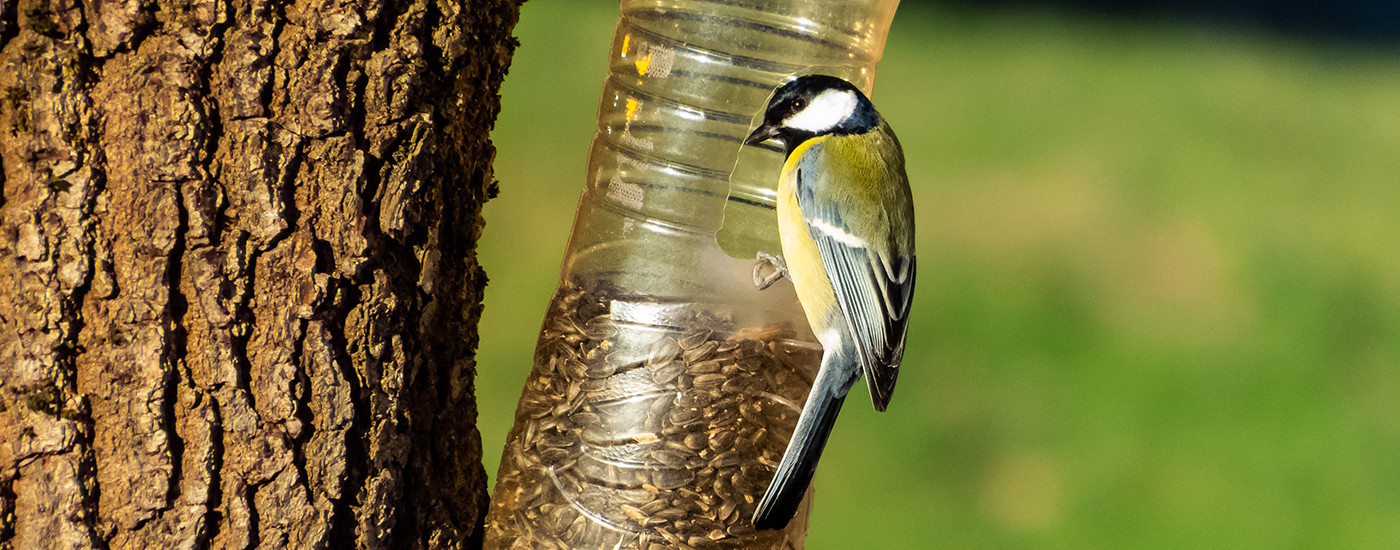For those of us passionate about our planet, there is nowhere easier to create an eco-friendly environment than our very own garden. Past generations understood how growing certain varieties of food crops, and flowering plants and shrubs, would attract vital insects and pollinators but today, there are ways to produce a greener footprint that don’t involve planting. Here we look at what you can do in your garden to improve your green credentials quickly and easily, without picking up a trowel!
1 Make your own compost
Making your own compost from waste produced in your garden is a great, eco-friendly way to return nutrients to the soil, and a compost heap is a valuable wildlife habitat. The presence of a compost in your garden may attract a variety of species, including worms, frogs, hedgehogs and even lizards.
Creating your own organic compost is relatively straightforward with a composter, and so much household waste can be recycled in one including fruit and vegetable peelings, crushed egg shells, newspaper, cardboard and teabags. Garden waste also has a place in the compost; leaf fall, wood and grass cuttings, and plant foliage can all be added, but when including old bedding plants, make sure there are no roots or seeds that could go on to germinate. The contents of your composter will need to be turned with a garden fork on a regular monthly basis to encourage aeration.
2 Use eco-friendly fence gravel boards
Most of our gardens are enclosed by fences and walls, which makes it challenging for hedgehogs and other ground-dwelling creatures to move around freely, especially where there are concrete gravel boards in situ. A hedgehog requires a gap smaller than 6” x 6” to pass through, so installing our eco-friendly, wooden fence gravel boards, with a small hole cut into it will help the declining population to keep on the move.
3 Feed the wildlife
With many of our wild spaces being lost, we can all take steps to protect our wildlife, from creating butterfly or hedgehog houses to establishing bug hotels in the garden. We can also attract wild garden birds who have been experiencing food shortages due to the decline of insects through pesticide use and loss of habitat. Our natural, timber bird tables require minimal assembly and pose no health risk to birds from sharp corners or moving scissoring joints. In addition to this, our bird table posts are smooth and straight, making it much harder for cats and squirrels to climb them.
4 Erect recycled plastic fencing
When deciding to fence your garden boundaries, consider eco-friendly, recycled plastic fencing. Our range of boards, panels, posts, caps and utility strips is manufactured from 75% recycled plastic that would otherwise have ended up in a landfill site, an incinerator or even the ocean. Eco fencing is an attractive alternative to traditional timber fencing that requires no maintenance as it will not need painting or staining; it is also water and frost resistant.
Whether your garden is big or small, there are steps you can take to make a difference. If you are interested in creating an eco-friendly garden, our team will be happy to answer any of your questions.

